From Surprise to Stardom: The Unlikely Journey of Aragorn in The Lord of the Rings
- 0
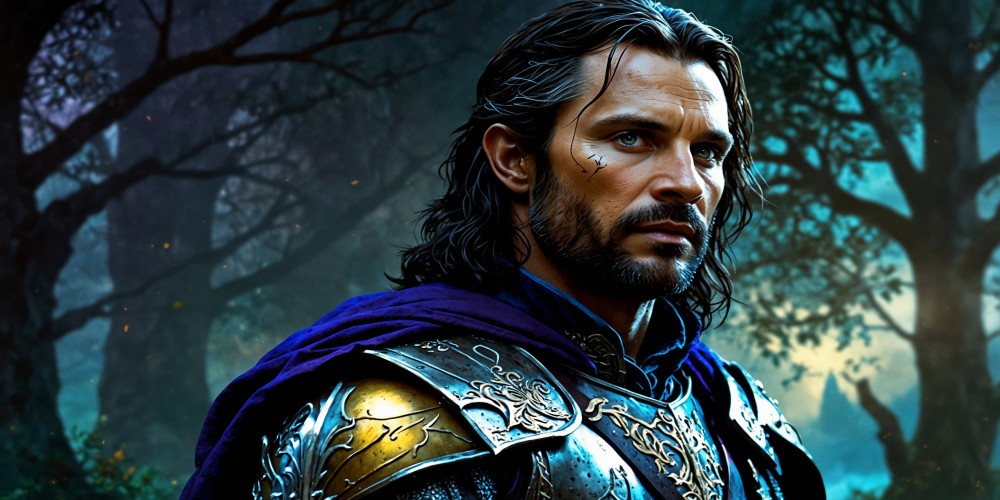
In the world of filmmaking, casting decisions can often alter the course of cinematic history in unexpected ways. Such was the case with the iconic film series based on J.R.R. Tolkien's epic literary works, The Lord of the Rings. At the heart of this story is a 12-year-old boy who unexpectedly influenced one of the most significant casting changes in modern film. His influence on casting, the subsequent performance of a seasoned actor, and the effects on the production are fascinating tales that illustrate the unpredictable magic of filmmaking.
Change on the Horizon
Initially, the role of Aragorn, a pivotal character from the trilogy of The Lord of the Rings, was entrusted to Irish actor Stuart Townsend. At just 27, he had prepared extensively for the role and was ready to bring this beloved character to life. However, as pre-production ramped up, director Peter Jackson had a revelation that nearly derailed the entire project: Townsend was simply too young for the part.
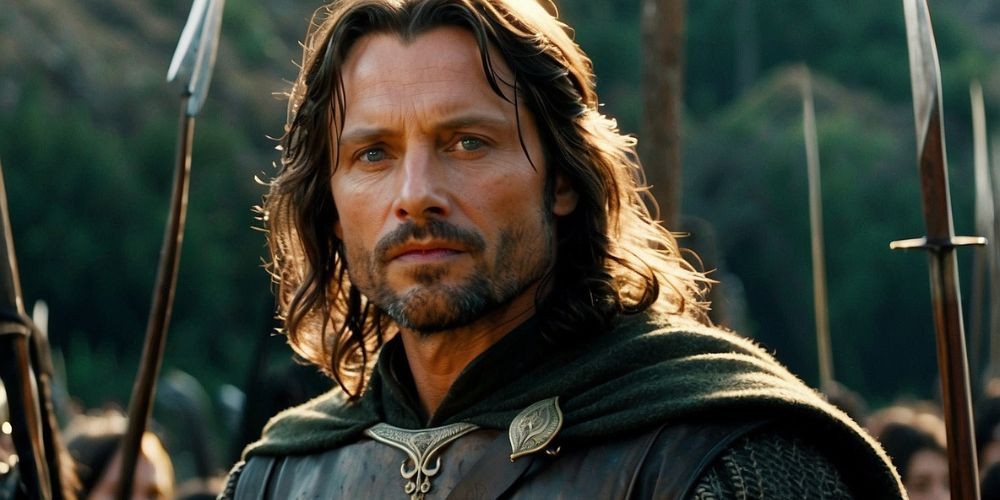
A Hard Decision
Jackson, in the throes of production, found himself facing a significant challenge. The decision to replace Townsend with someone older came just one day before the shooting was set to begin. This unexpected upheaval threw the production team into disarray as they scrambled to find a suitable actor who could take on the mantle of Aragorn.
Vacuum of Leadership
Being aware of the importance of Aragorn in the narrative, Jackson and his team knew they needed someone who could convincingly portray a character whose lineage and spirit were foundational to the series. Making adjustments mid-journey was no small feat, especially since filming had already commenced for other characters and scenes.
The Call for Help
In a moment of urgency, the filmmakers reached out to actor Viggo Mortensen, who was initially unsuspecting of the whirlwind he was about to enter. Mortensen received a phone call from New Zealand just hours after Townsend was let go, presenting him with the life-altering opportunity to step into the role of Aragorn. However, there was a catch: they needed him to fly out immediately.
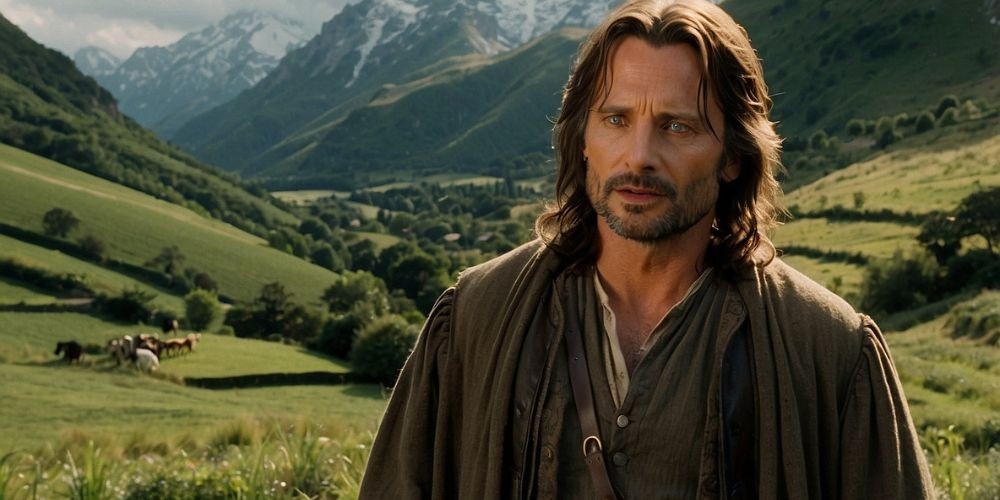
A Leap of Faith
Mortensen's comedic recollection of the call showcased the surprise of the situation. He humorously recounted how his life transformed in a matter of hours, without having read Tolkien's work or met Jackson before. “Do you want to get on a flight the following day and travel to New Zealand?” was the extent of the invitation. Time was of the essence, and the filmmakers were in a real bind.
A Young Fan’s Influence
Complicating matters further, Mortensen had a unique influence in his corner: his son, Henry. At the time, Henry was a devoted fan of The Lord of the Rings series and expressed his excitement at the prospect of his father playing Aragorn. This heartfelt encouragement helped Mortensen make the significant decision to uproot his life and answer the call of Middle-earth.
Disappointment in the Air
Meanwhile, the atmosphere surrounding the departure of Townsend painted a different picture. It was met with shock and disbelief among the cast, who were not aware of the casting turmoil until it unfolded before them. Several actors, including Dominic Monaghan and Sean Astin, were left stunned by the abrupt change, indicating an inherent camaraderie among the team.
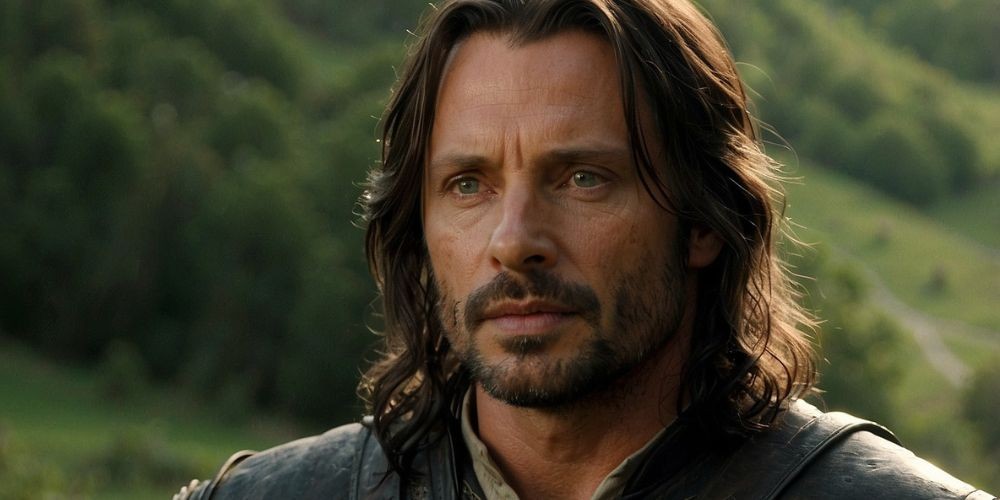
Voicing Discontent
Townsend himself was understandably hurt by the situation. He described his experience of being informed of his dismissal as a crushing strike. Months of training and rehearsals turned into disappointment as Jackson’s vision shifted and he was left without any compensation, claiming he found the situation somewhat jarring and unprofessional.
A Journey Begins
For Mortensen, stepping into Aragorn's shoes would lead him onto a path of transformation. He not only became a symbol of leadership and resilience but also earned tremendous acclaim. His portrayal of the character became one of the defining performances of his career and forever linked him to the legacy of Tolkien's works.
Box Office Phenomenon
The Lord of the Rings trilogy exploded into global popularity, earning nearly $3 billion at the box office and claiming numerous awards. The films were not only critically praised but cultural touchstones that reshaped fantasy cinema, with Mortensen's performance often highlighted as a driving force in the film series’ success.
The Ripple Effect
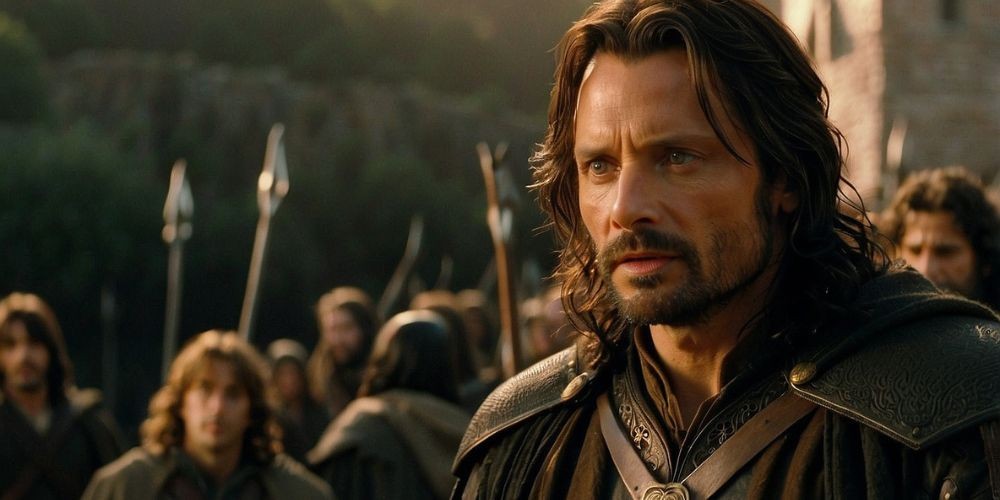
In retrospect, the casting shake-up may have cost Townsend a chance at stardom with one of the most significant franchises in cinematic history. Although he continued to work in the industry, there's no doubt that the role of Aragorn might have shifted the path of his professional life significantly.
Enduring Legacy
Decades later, Mortensen’s connection to Aragorn remains close to his heart. Over time, he has shared his fondness for the character, noting how much he learned and enjoyed embodying the role. Even as he continues to venture into new projects, the allure of Aragorn pulls him back to fantasies tied to Middle-earth.
Meme Culture and More
Fascinatingly, Mortensen's experience while filming has become part of internet lore. From mistaking his broken toe on set to memes celebrating his portrayal, his legacy transcended beyond cinematic achievement. These moments have kept the spirit of The Lord of the Rings alive within popular culture even today.
Future Potential
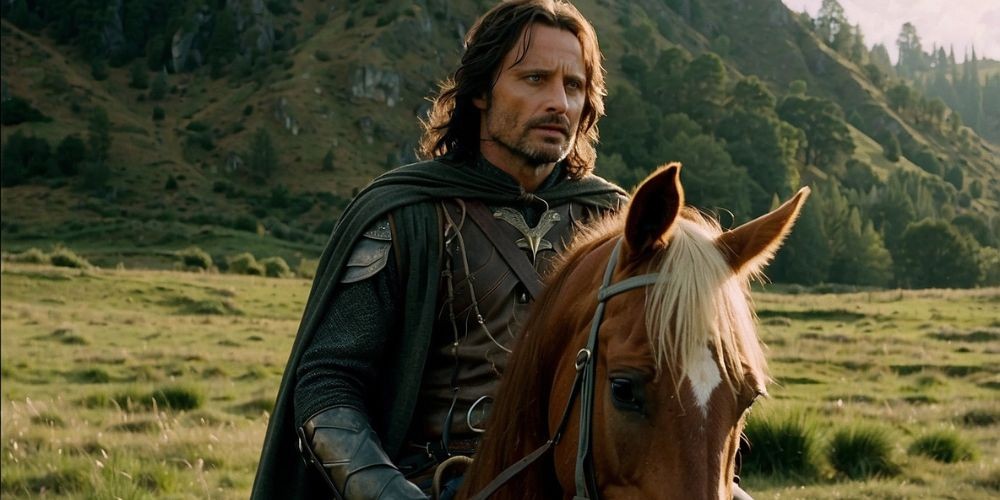
The conversation surrounding potential future adaptations of The Lord of the Rings has sparked interest as well. Mortensen himself has expressed a willingness to reprise the role of Aragorn if the story aligns with his age and character development, showcasing an affection for what that role represents in the fantasy landscape.
A Tale of Unlikely Heroes
Thus, the interesting chain of events that led to a 12-year-old fan's influence on a cinematic classic reminds us how unpredictable and surprisingly personal the worlds of film and performance can be. As the tale of Aragorn continues to capture hearts, the impact of casting decisions remains a testament to the significance of every player involved. It reminds creatives everywhere that occasionally, the most profound shifts emerge from the most unexpected sources.